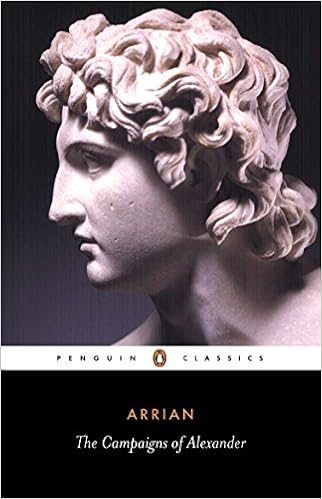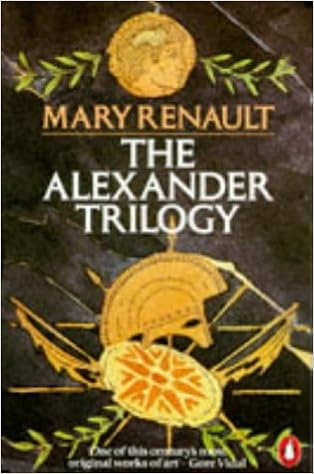In Gratitude to Scholars Ancient and Modern
One career day back when my daughter was in 8th grade, a classmate of hers asked how long it took me to write an article. I told him that I could knock out 1,000 words on any topic in under two hours – but I quickly added that for every hour spent writing, I did four to eight hours of research. That made him gulp.
Writing a book is no different. Fortunately, the reading necessary to pen Throne of Darius: A Captain of Thebes was an absolute joy, and one I still look forward to with a sense of wonder and anticipation. Even though I have read (and played and designed games) about the period since I was a child, there always seems to be something new – even when dealing with events that took place 23 centuries in the past.
Many of the authors of antiquity were and still are a particular delight (and I continue to read and reread them as I work on the second book in the series Throne of Darius: A Princess of Persia. I am particularly indebted to Plutarch, Arrian, Diodorus and Quintus Curtius Rufus. Although none were contemporaries of Alexander, they lived in a world that had much in common with the 4th Century BC. They also had access to primary or near-primary sources now lost.

There are, of course, numerous modern authors who in works of history, archaeology, and even fiction upon whom I have drawn and continue to draw for insights, inspirations and information. These include noted historians such as J.F. C. Fuller, Victor Davis Hanson, Philip Freeman and Paul Cartledge, to name but a few.

And I would be remiss if I did not tip my hat to the inspiring fiction of Mary Renault, Steven Pressfield and Valerio Massimo Manfredi.

And, last but definitely not least, the brilliant archaeologist, writer and film presenter Michael Woods, whose book and video In the Footsteps of Alexander the Great were particularly inspiring and edifying.

Comments (3)